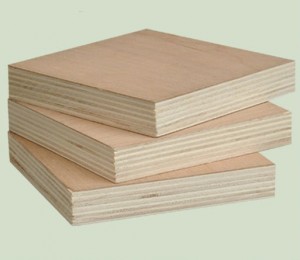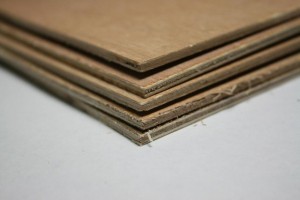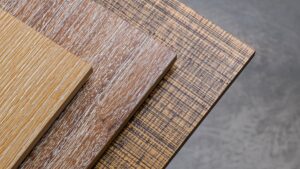Branded plywood vs unbranded plywood- advantages and disadvantages. Which one is better for cost effectiveness? Which one is more durable? Which one offers more quality?
Some say this controversy has been around right from the beginning of time itself! Well, I do not have the wherewithal to validate the veracity of such a belief but I won’t be too mistaken if I tell you that it has been a popular topic of discussion ever since plywood replaced natural wood for most commercial applications.
Some of you may already be thinking that unbranded plywood is much cheaper. So for some commercial applications which require cost rationalization, it might be a better choice. Think again! This belief may not hold much water in the realms of accuracy.
If you want good quality, minimum maintenance, cost rationalization and steady return on investment over a long period of time, then plywood from a reputed brand will serve your purpose much better.
The following listicle proves my point beyond doubt:Branded plywood is better. Always!

1. Better Quality: Plywood from a reputed brand, with an admirable track record and glorious history can offer you unmatched quality. The cost of unbranded stuff may be lesser but I assure you that they always compromise on quality to squeeze into a certain price range. Branded plywood can be used for interior as well as exterior applications. Different types are available to serve a variety of purposes.
2. More Versatile: Branded plywood is far more versatile than unbranded plywood. Many different types are available which may have different strengths, textures, qualities and also come in a number of different price range. Branded plywood is available as interior grade, BWR/BWP grade, MR grade, laminated plywood boards like MDF, HDF, etc. The same is not true about unbranded plywood. It is available in the interior grade category which is mainly used for commercial purposes. But the difference in quality is quite obvious.
3. Offers Value For Money: Branded plywood offers great value over a long period of time. Although, the initial down payment or investment may be higher, due to durability, quality assurance, great brand value as well as good resale value, you get excellent returns. Moreover, the final cost doesn’t just include the cost to produce that item but also the labor cost, the cost of research, the quality and durability assurance that you get. So, even though it may be relatively more expensive, it is the more sensible choice of the two.
4. Low Maintenance Cost: A good, branded plywood furniture will have a very low maintenance cost. An unbranded plywood furniture may cost less initially but the cost, in the long run, would far outrun the cost of a branded plywood furniture. Even if the initial cost is less, the maintenance cost will keep on adding up. Moreover, if a furniture made of unbranded plywood becomes dysfunctional and cannot be fixed or repaired, then the whole purpose of buying the furniture fails. It is not just a pecuniary loss, but the person has to go through a lot of undue stress as well.

5. Quality Assurance Certifications: A reputed, branded plywood goes through a lot of quality checks. They also carry a lot of quality assurance certifications to authenticate their claims. Usually, the well-known plywood brands, belonging to the organized sector, conform to such internationally renowned and accepted standards as E1, FSC® (license code: FSC-C108194), IGBC in addition to IS marks issued by the Bureau of Indian Standards. Unbranded plywood furniture will not conform to such standards, the consequence of which is frequent snags and higher maintenance costs.
6. Borer and Termite Proof: Branded plywood is usually borer and termite proof. They undergo different treatment processes to make them resistant to borer, termite, and other harmful microbes. These insects are extremely harmful to plywood and can totally destroy the face of it. Unbranded plywood falls prey to borer or termite attack quite easily. They carry no guarantee.
7. Sustainable Tree Felling Policy: Renowned Plywood Brands are environmentally conscious and aware of their responsibilities towards environmental conservation and sustainable forest management. They often contribute meaningfully to international conservation efforts. Unbranded plywood manufacturers source their raw materials from forests not guided by international forest conservation and management laws. They have no fixed policy to assess and monitor the quality, the sourcing and the usage of the lumber.
8. Superior After-Sales Service: Branded Plywood Companies offer a quality warranty. They always try to maintain a close customer relationships and offer care tips and helpful guidance on their websites or blogs. The grievances are noted and resolved. However, there is no such framework in an unbranded company. There is very little communication between their dealers, suppliers or the end users. As a result, there is no proper channel for airing the grievances or getting adequate recompense.
This debate would probably continue long after you have read this post. But facts are facts and they cannot be ignored. To my mind, it is absolutely clear as to which is the more sensible choice of the two. What about you?





